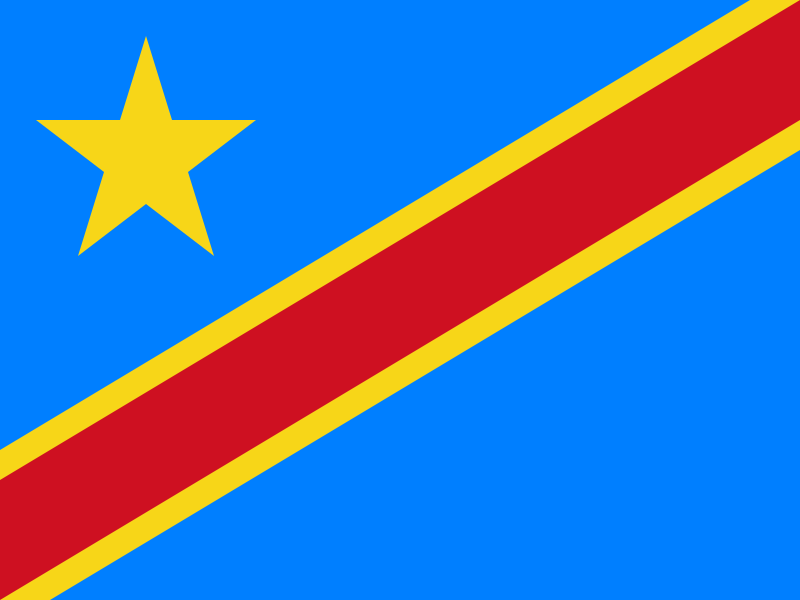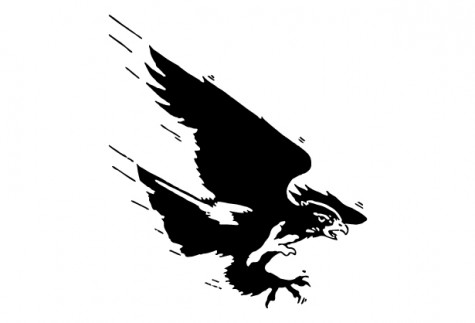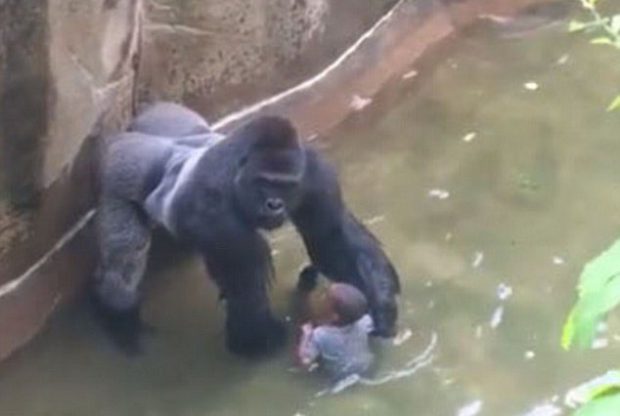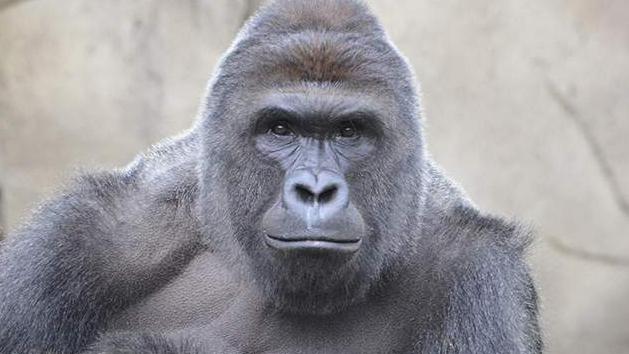Ebola Outbreak in the Democratic Republic of Congo
May 25, 2019
Five years ago on March 23rd, the World Health Organization reported the largest Ebola outbreak in the disease’s history. The outbreak occurred in West Africa yielding devastating consequences to the region. Word of the outbreak spread virally, causing a worldwide scare to the point where anyone with a simple cough got paranoid. Ebola has since been mostly forgotten about, but it hasn’t forgotten about us and now it’s striking again.
As of March 23 of this year, Ebola was reported to have broken out in the Democratic Republic of Congo. This is coming almost exactly 5 years after the deadliest outbreak in history. While this outbreak is not deadlier than the 2014 one, it does come second and doesn’t pose any less of a risk to neighboring countries. As of April 13th there have been a confirmed 1,220 cases since the outbreak, but about 1,000 which remain unconfirmed. The WHO is having difficulty confirming the number of cases and in turn the disease continues to spread.
What are some of the factors hampering the work of the WHO? The largest factors are the deadly attacks on disease treatment centers put in place by response teams. At the turn of the century, there was a large scale civil war claiming millions of lives due to an election gone wrong. Dozens of groups were formed causing large scale violence and prompting a response from the United Nations. Finally, this year, the official president of the Democratic Republic of Congo was declared, taking it out of the government limbo it had previously been in with a handful of illegitimate presidents. Some centers have had to suspend activities in certain regions due to constant attacks while others have beefed up their security with armed guards. A lot of these groups originate in the east of the country where the government has a somewhat weaker grip. Unfortunately, the Ebola treatment centers need to operate all over the country in order to properly contain the disease and track the cases with confidence.
Additionally, the World Health Organization requires additional funds to continue their operations in the Congo. They estimate that they still need a few million dollars. The WHO has really undermined the importance of the outbreak. As explained above, the armed guards have been peppered around the area and that has been making some people nervous to seek out help. This contributes to the inaccurate tracking of cases and causes people to unintentionally spread the disease as well. All of this is a cause for an international crisis. However, the WHO is convinced that they don’t need to announce a global emergency despite that being the solution to all of their problems. If they got the international community involved, then their funding problem would be solved, the containment of the disease would be much faster, as well as having additional support against the rebel groups in the eastern Congo.
This Ebola outbreak, though not declared to be as such, should be an international concern. I only hope that those suffering in Africa and anywhere else in the world are able to get treatment. There have been significant strides in Ebola vaccines and treatments which could hopefully be an effective cure.




